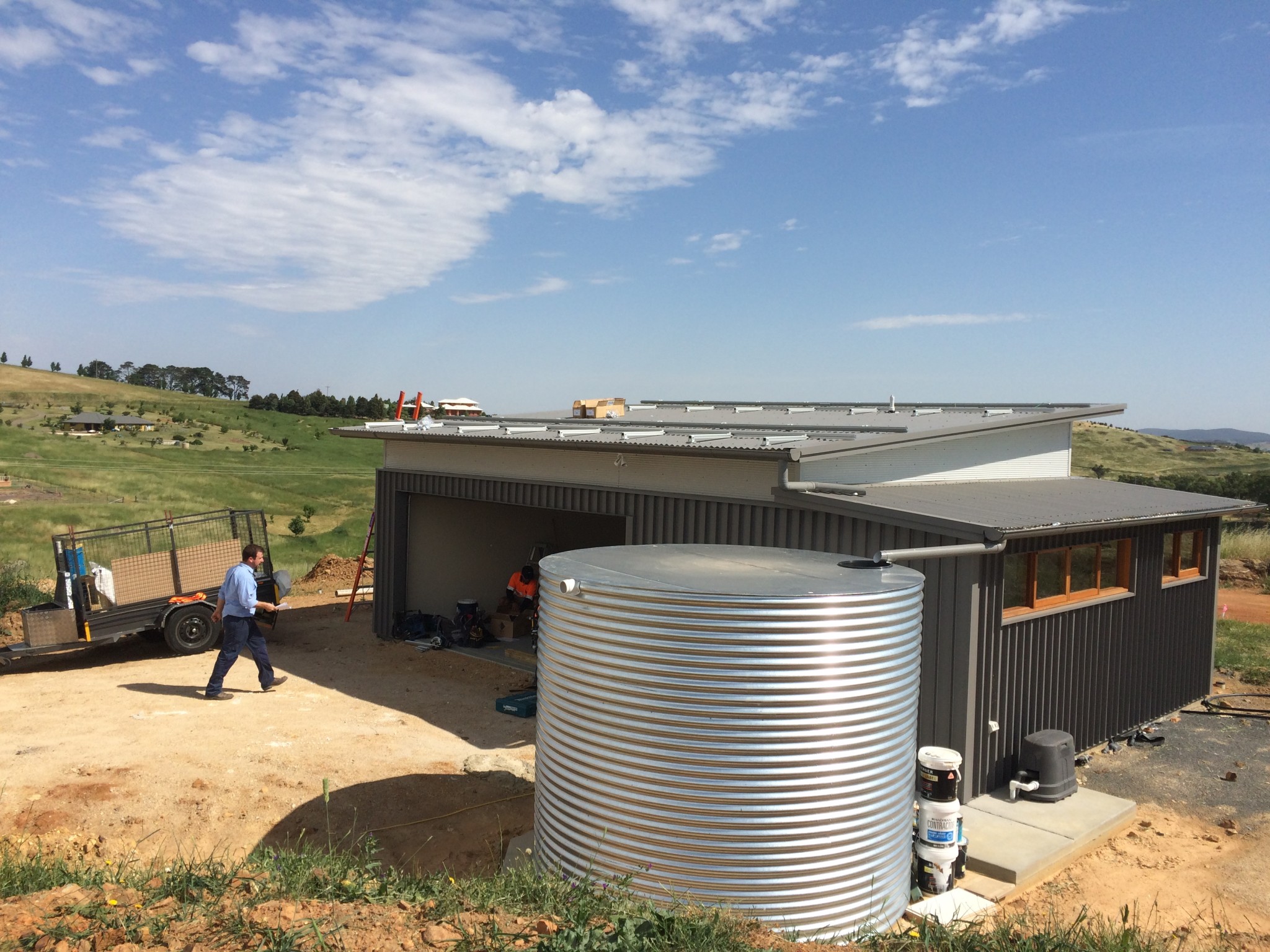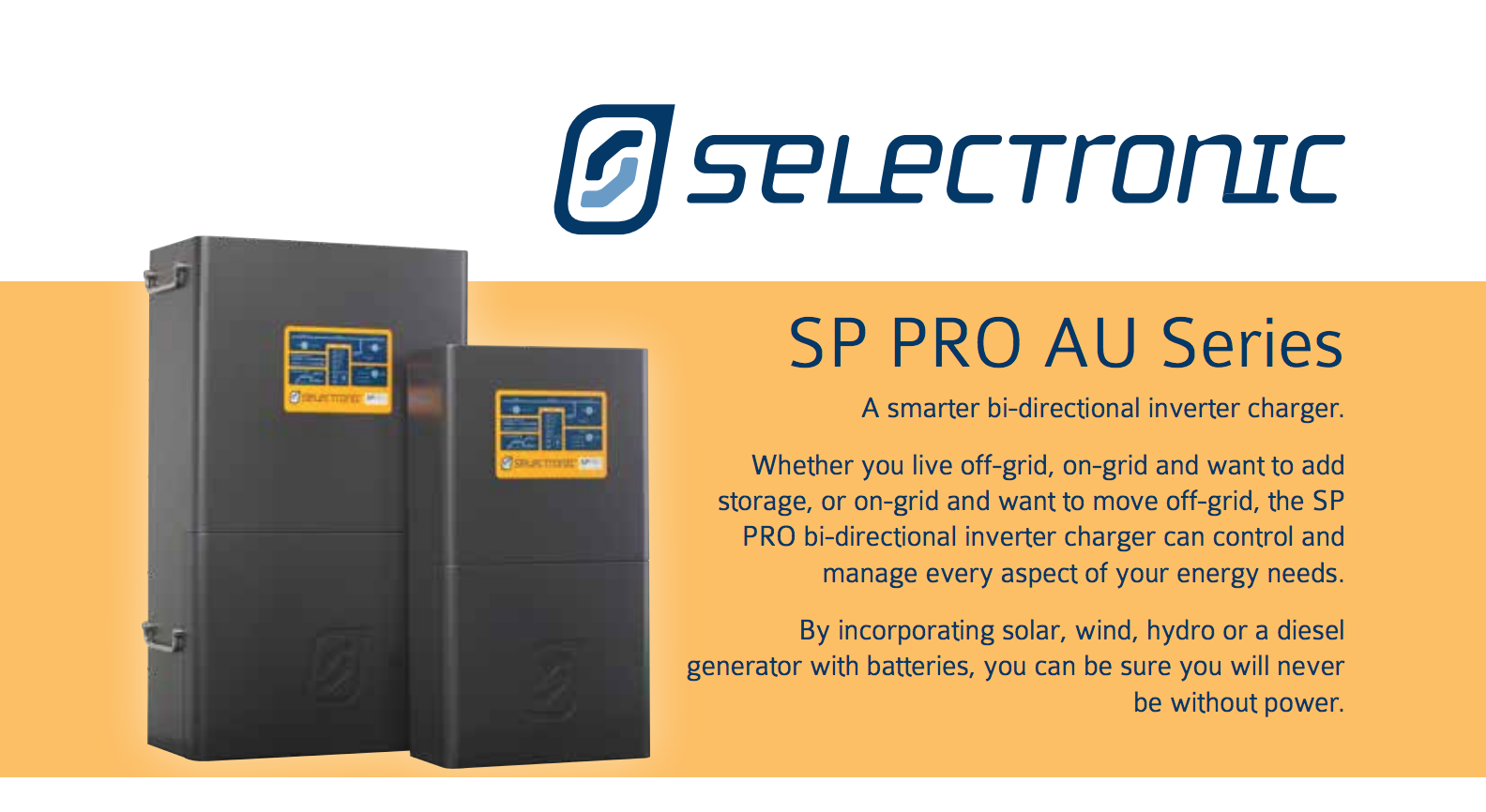

In most cases a backup generator is used and this can be designed to be automatic or manually started. Most often than not, in BC we require an additional source of energy to top up batteries when there is not enough solar energy to charge the batteries fully. This is very location specific and depends heavily on site sun exposure. Solar + We design your solar array or other renewable energy source (Wind/Micro-Hydro) to provide as much energy as possible into your energy storage to meet your needs and budget. We supply everything from flooded lead-acid batteries to lithium ion.


We will help you determine the best battery type to meet your needs based on your usage, budget and willingness to work on the system. Storage is by far the most expensive single aspect of an off-grid system and the reason why your loads and days of autonomy need to be carefully planned. Your energy storage or battery bank is determined by your loads and days of autonomy. Usually, 2.5-3 days is a common target and is important for systems where there will be little or no sunlight to charge the system at certain times of the year. This determines the size of the battery bank you will need. Your electrical load is determined by the electrical requirement of the load and the amount of time it is run.ĭays of autonomy is a term used in off-grid design to describe the amount of time (usually in days) you expect to be able to run your loads directly off your batteries before they need to be charged. Its really important to spend as much time on this as necessary and think through what your electrical needs are now and in the future. To start this process we can provide you with a load sheet or we can work with you to fill one out. It is essential to plan ahead and really get this part right as adding additional loads in the future can be a costly change. The electrical energy loads is the first place to start and determines the size of your system.


 0 kommentar(er)
0 kommentar(er)
